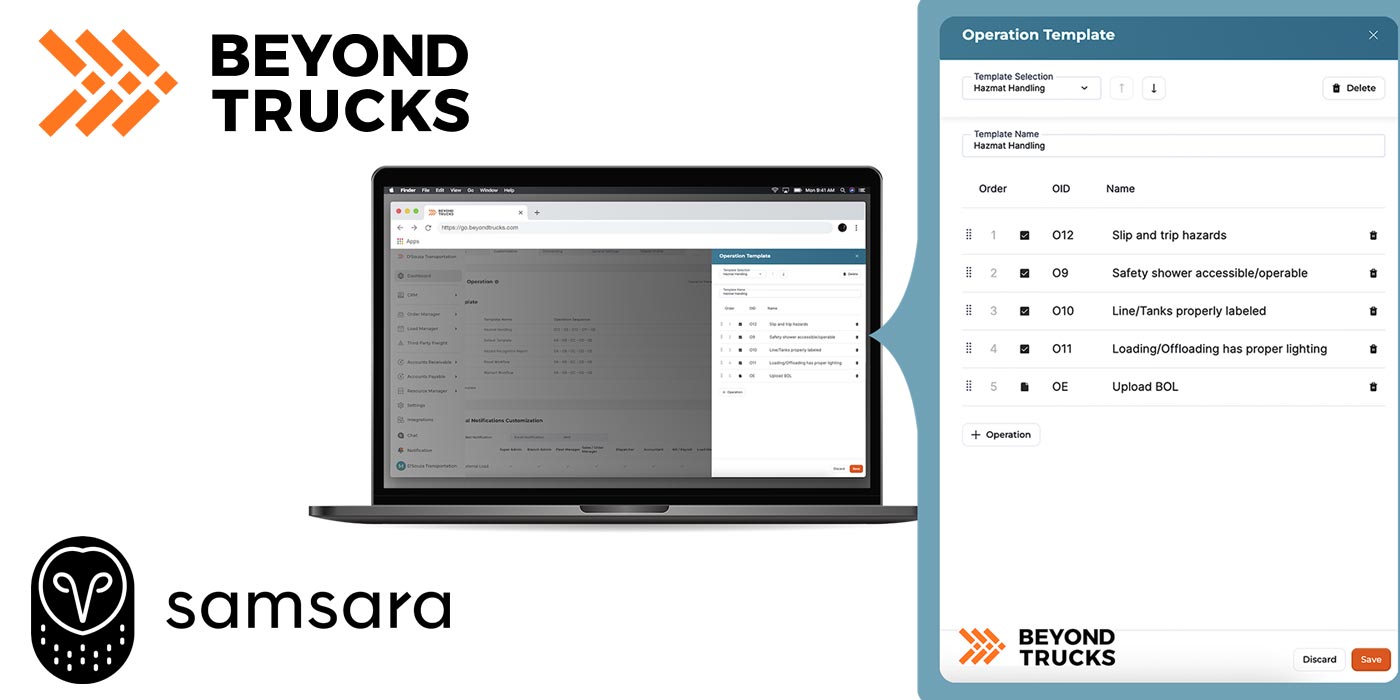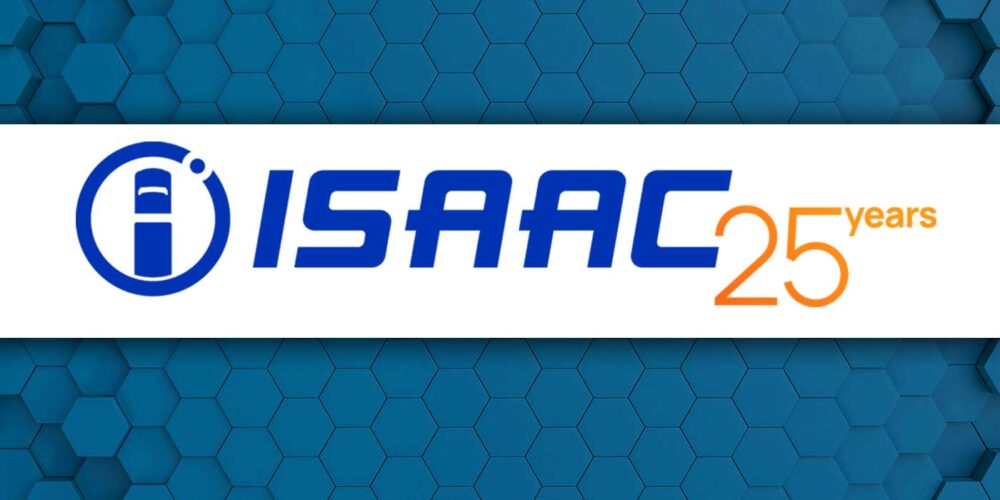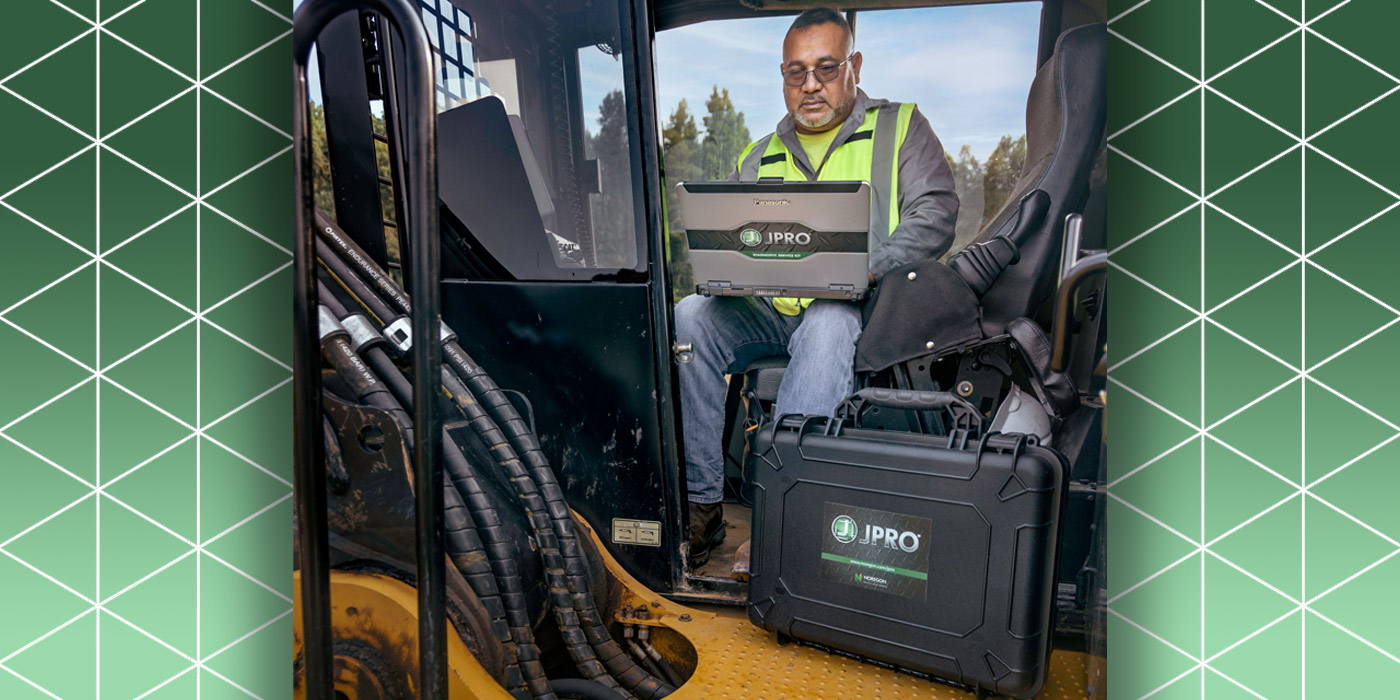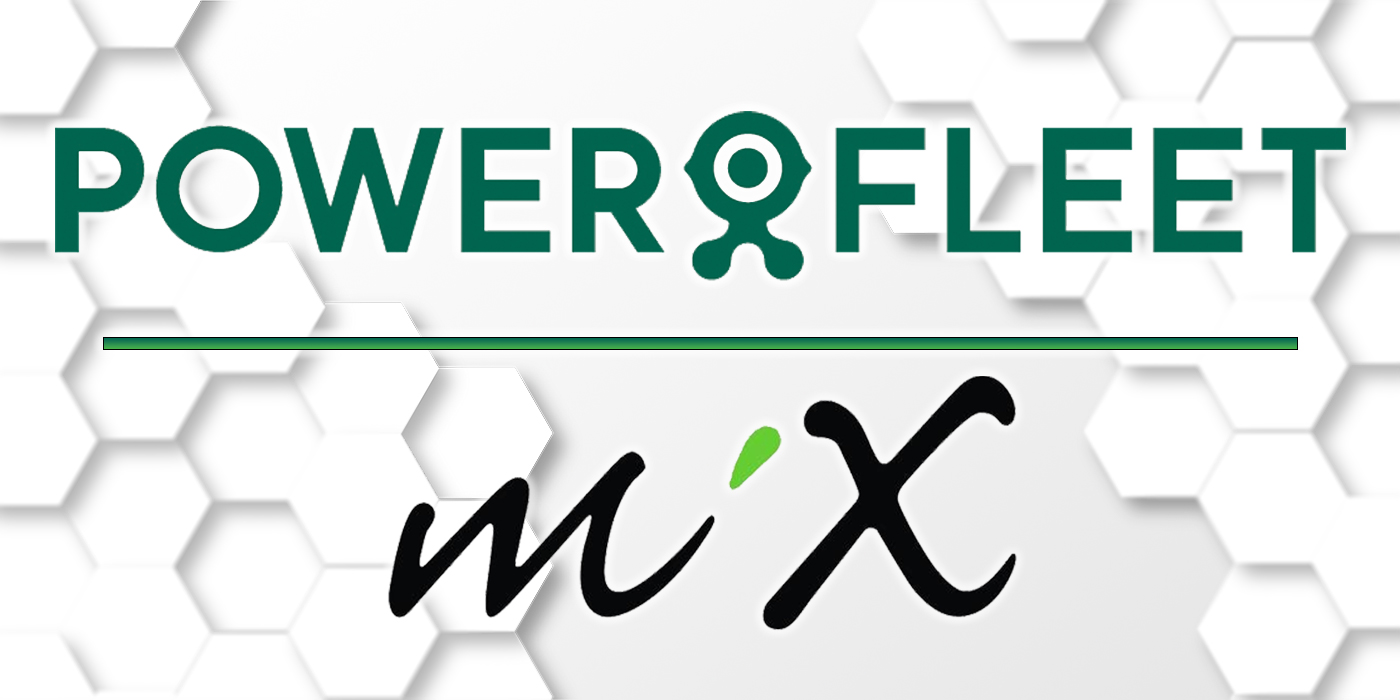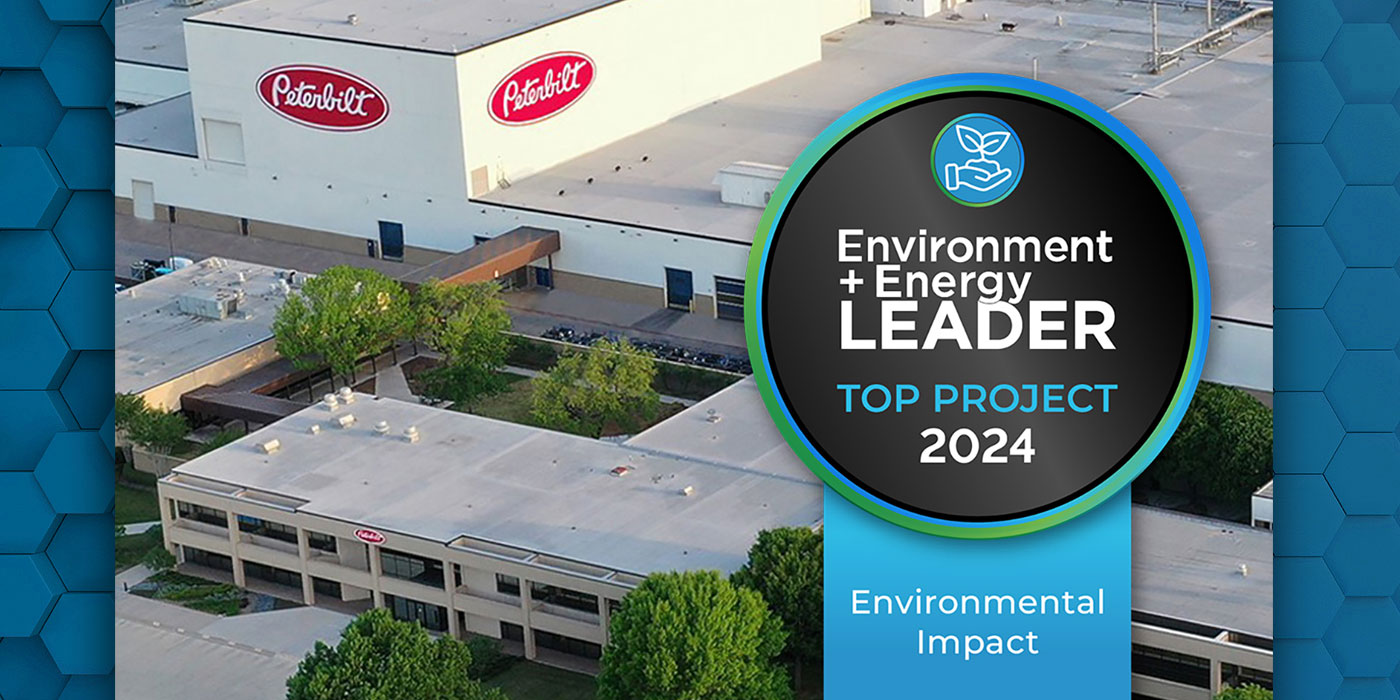Shell and Deloitte have published a joint study on how to decarbonize the road freight sector. In the study, more than 70% of the 158 interviewees consider decarbonization as either the leading or a top three priority for their organization, Shell says.
The “Decarbonizing Road Freight: Getting into Gear” report offers a detailed 10-year roadmap with 22 solutions aimed at addressing the economic, technical, regulatory and organizational factors influencing the sector’s ability to decarbonize, the company says. The report shows that more than 70% of study participants view hydrogen fuel cell electric vehicles and battery electric vehicles as the most viable long term zero-emission heavy-duty truck technology, and many believe these trucks will become commercially viable in the next five to 10 years.
“Road freight is currently responsible for around 9% of global CO2 emissions and with demand for road freight services set to double by 2050, urgent action must be taken now to put the sector on a pathway to net zero emissions by then,” said Huibert Vigeveno, downstream director at Shell. “Fleet companies, truck manufacturers and energy providers have already started investing in low and zero-emission solutions, but the sector requires a more robust set of policies and regulations to accelerate change.”
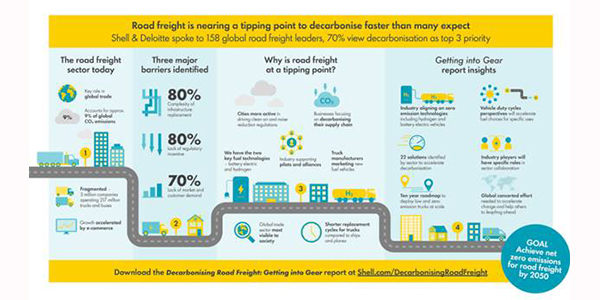
The key highlights from the industry perspectives report include:
- To meet the goal of the Paris climate agreement, absolute emissions from road freight need to decline by almost 60% by 2050 versus a 2018 baseline, despite an expected doubling of road freight volume over the same period.
- Eighty percent of study participants perceive a lack of regulatory incentives and the complexity of infrastructure replacement to be major barriers to decarbonization, while 70% see limited demand from customers as a major barrier.
- Although not yet commercially viable, most study participants agree that the technologies to decarbonize road freight exist, and truck manufacturers are already developing hydrogen fuel cell electric vehicles and battery electric vehicles.
- Companies should begin prioritizing the replacement of trucks and buses in viable short-range and urban duty cycles using available zero-emission hydrogen fuel cell electric vehicles and battery electric vehicles.
- Through coalitions and partnerships, industry players should increase the deployment of zero-emission trucks and fuels in regional clusters and along high-traffic corridors.
- Low emission fuels such as liquified natural gas (LNG), bioLNG, compressed natural gas and biodiesel should be commercialized quickly around existing points of supply, but not where they could disrupt the deployment of zero-emission solutions.
- Immediate emission reductions can be achieved for fleets with diesel-powered trucks by improving truck design, employing digital solutions to optimize fleet management and using higher quality fuels and lubricants.
“The next 10 years will be critically important for the road freight sector to introduce zero emission vehicles into the global fleet, and it is very encouraging that road freight leaders have already begun to align on a technology pathway,” said Carlos Maurer, executive vice president of sectors and decarbonization at Shell. “We believe that once produced at scale, hydrogen will likely be the more cost-effective and viable pathway to net-zero emissions for heavy-duty and long-route medium-duty vehicles, and electric mobility will do the same for light-duty and short-route medium-duty vehicles. Shell has already begun taking steps to make these energy solutions available to customers and we are partnering with others to expand these efforts.”
Shell has also released a companion report named “Decarbonizing Road Freight: Shell’s Route Ahead” outlining Shell’s role in helping the sector decarbonize. The report outlines Shell’s climate ambition and plans to reduce the emissions intensity of its fleet of close to 3,000 contracted road haulage tankers by 10% by 2025 and by 30% by 2030, both compared to 2018 figures. It also sets out how Shell aims to deploy low and zero-emission fuels and fueling infrastructure, solutions for reducing and offsetting emissions, policy recommendations and plans for collaborating with others throughout the road freight sector, the company says.
Download the “Getting into Gear” and “Shell’s Route Ahead” reports by clicking here.
Watch our recent video interview with Shell here.



